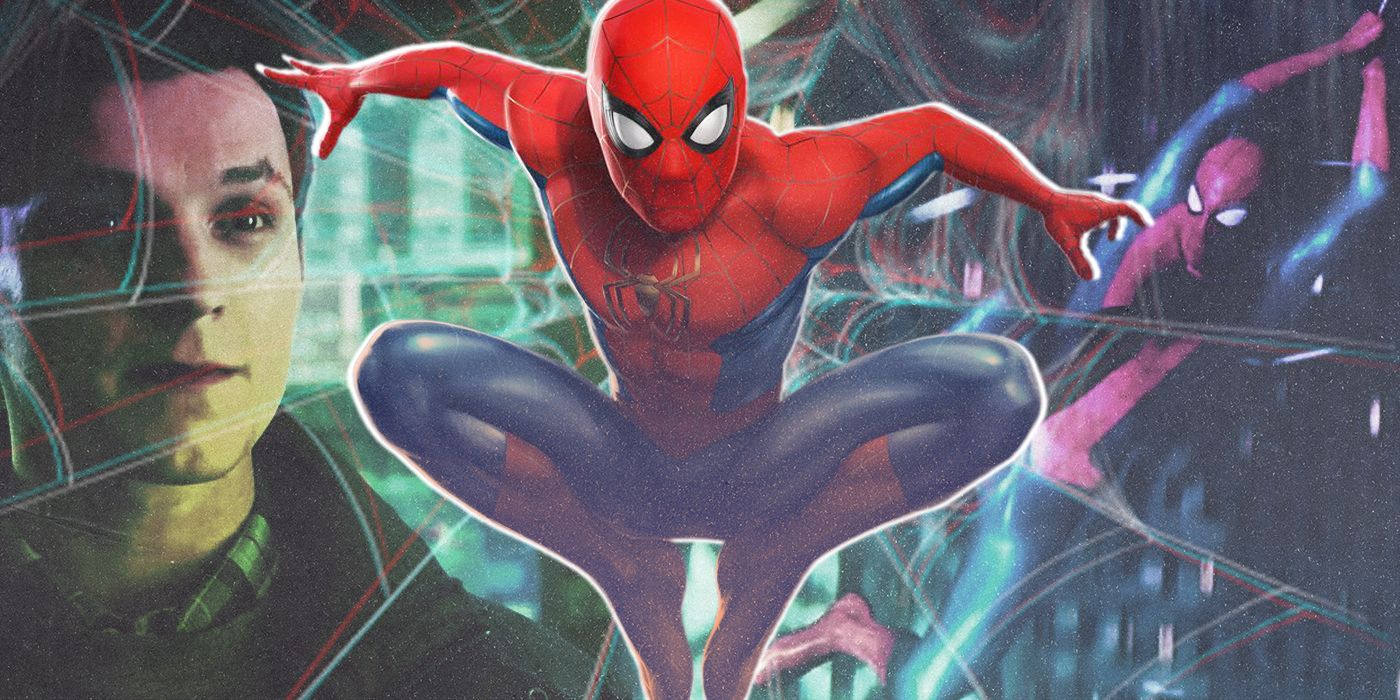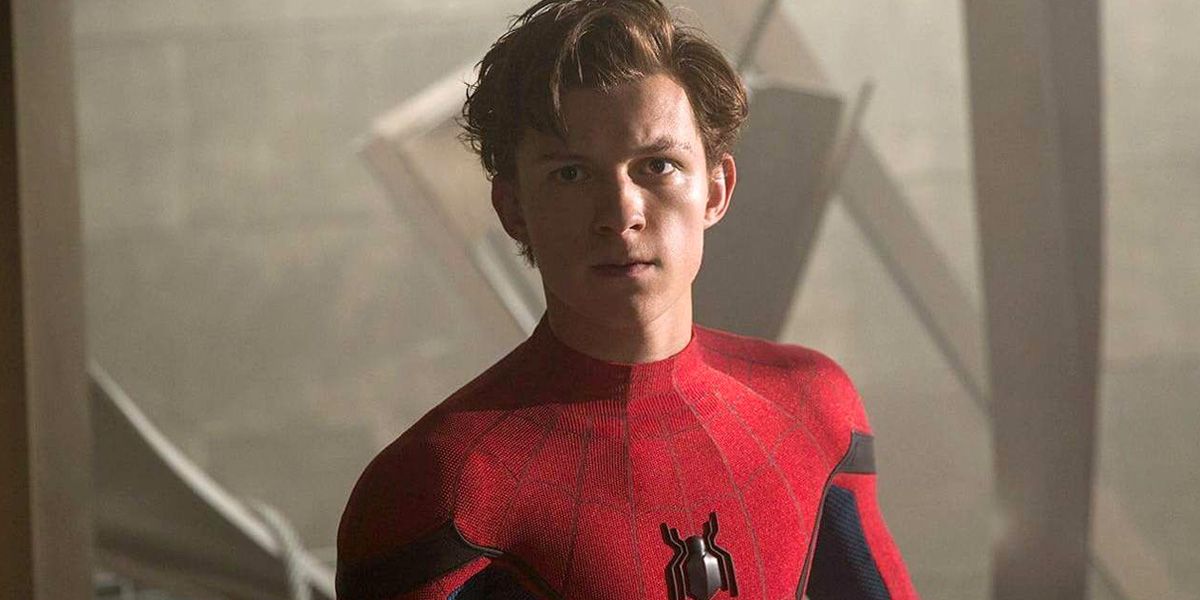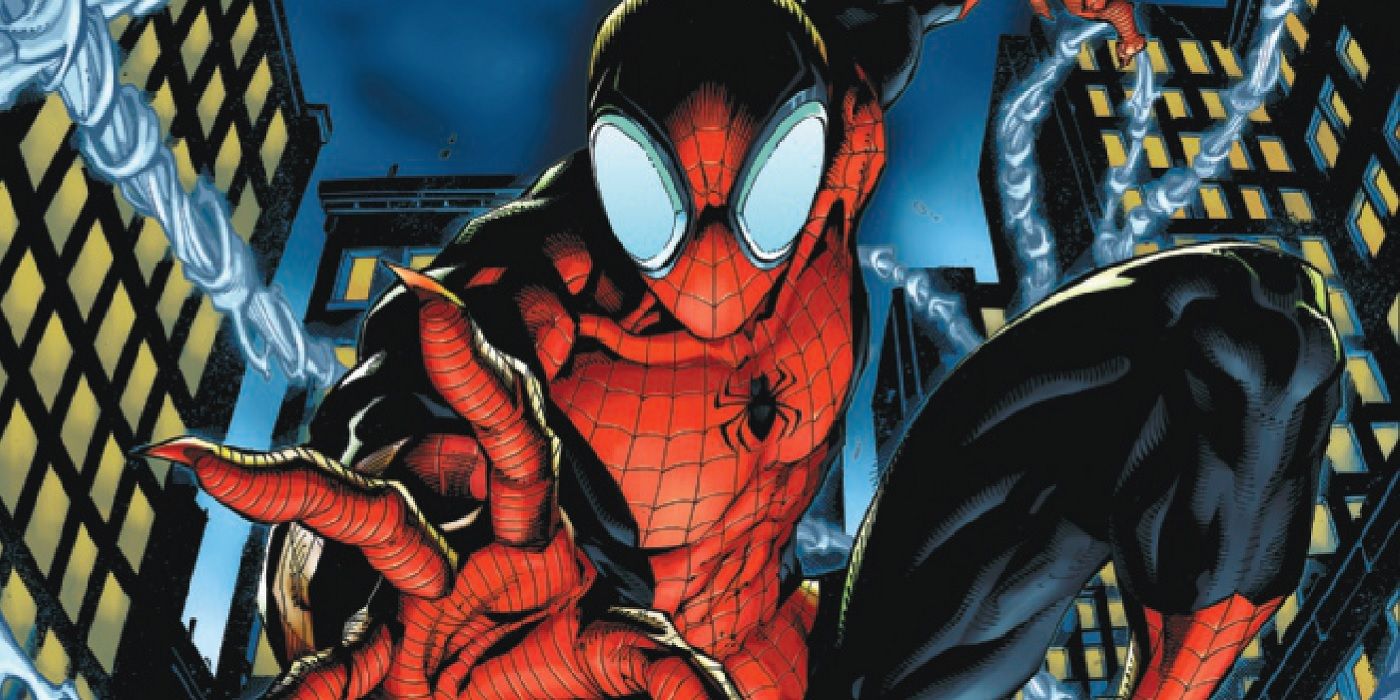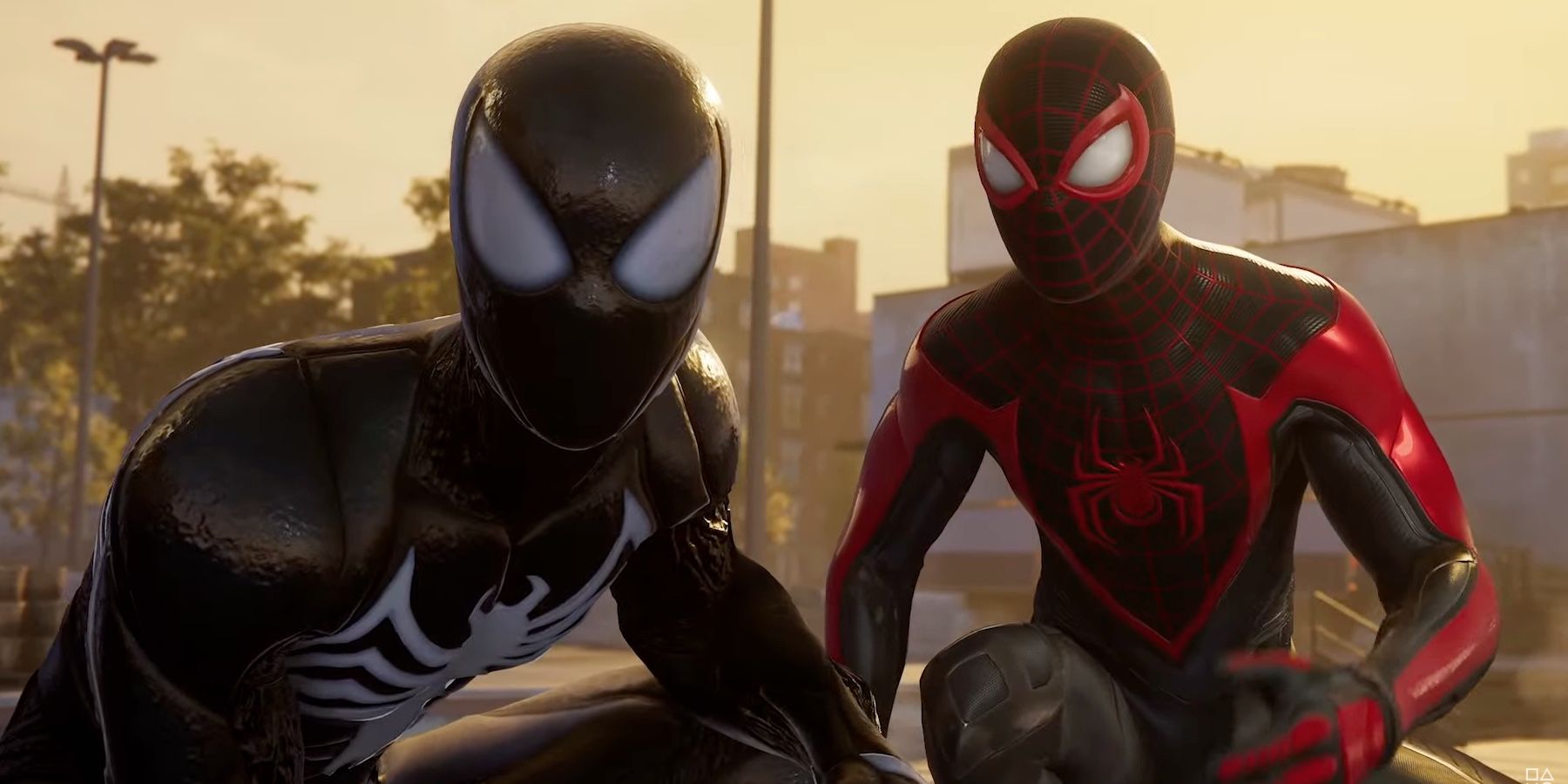Summary
- Spider-Man's introduction to the Marvel Cinematic Universe with Tom Holland as the lead has been a huge success, establishing the character as a fan-favorite and beloved superhero.
- The ending of Spider-Man: No Way Home leaves Peter Parker in a precarious spot, with his identity erased and the opportunity for a fresh start, setting the stage for a new direction in future Spider-Man films.
- The future of MCU Spider-Man presents exciting possibilities, including the potential for street-level heroism, new villains, and the introduction of new allies, allowing the character to evolve and face new challenges while still staying true to his core characteristics.
The character of Spider-Man has long been a behemoth of the comic book industry. Eventually, this reach extended to film, television, and gaming. Now, Spider-Man is, without a doubt, one of the most influential and beloved fictional characters in the entire world. In the past decade, Spidey fans have been treated to two masterfully made animated films, a legendary video game adaptation, and countless comic book adventures – some better than others. But among the most successful of Spider-Man's appearances in the last several years was his introduction to the Marvel Cinematic Universe, with Tom Holland taking up the mantle and becoming a new fan-favorite.
While 2021's Spider-Man No Way Home paid tribute to all three live-action character versions, it left the MCU's version of Peter in a precarious spot. Having reversed the spell that acted as the film's catalyst, all of Peter's closest confidants had their memories of him erased. Donning a new suit much more reminiscent of his classic comic look, Spider-Man leaped into the sky, his character's future somewhat up in the air. Although some fans might have thought this an odd place to end his first chapter in the MCU, this dynamic perfectly establishes a new direction for the character that could lead to the most excellent Spider-Man trilogy ever created.
The Journey of MCU Spidey So Far
The MCU's version of Peter Parker was first introduced in 2016's Captain America Civil War as a spunky, young genius with a heart of gold. Fans were overjoyed to see Tom Holland embody the character in such a lovable and unique way, as they finally were getting an age-accurate version of the character. His dynamic with Tony Stark and the other Avengers was incredibly endearing. It would only grow more impactful throughout the subsequent Avengers films and, perhaps more importantly, his first MCU standalone film, Spider-Man Homecoming. Although some fans critiqued Homecoming for its reliance on Spider-Man's relationship with Tony Stark and his more high-tech approach to the character, the film landed for broader audiences, offering a fresh, modern take on the character that contained as much heart as previous live-action adaptations.
These same pros and cons bled into the second Spider-Man MCU film, Spider-Man Far From Home, in 2019, where Peter grappled with the state of the world after the events of Avengers Infinity War and Endgame. Left without the mentorship of Tony Stark, Peter was pushed to his limits in his fight against Quentin Beck, aka Mysterio, who offered an excellent foil to the characters' strengths and weaknesses and forced him to come into his own. The final after-credits scene of Far From Home, perhaps one of the most groundbreaking scenes of all time, set up the trilogy's conclusion blatantly when Quentin Beck posthumously revealed Spider-Man's identity to the world. After years of breathless anticipation, fans were finally given the conclusive chapter of the MCU Spider-Man trilogy with Spider-Man No Way Home.
No Way Home reunited fans with several Spider-Man cinematic villains from previous character iterations before formally reintroducing Tobey Maguire and Andrew Garfield's Spider-Men to the big screen. While overflowing with fan service for fans of all three live-action Spider-Man franchises, this final chapter also gave fans some much-needed closure on Tom Holland's Peter and the character arc Civil War had set him on years prior. After bidding farewell to Peter 2 and Peter 3 – the affectionately given titles of Tobey and Andrew's Peters – MCU Peter accepted the fate his and Doctor Strange's tampering with the multiverse had led to. Everyone in the MCU would forget about Peter Parker, but a cataclysmic event would be evaded. This heroic sacrifice of identity was a perfect conclusion to this initial Spidey saga, but it also hits the metaphorical reset button on his progress as an outward hero. Now, with May having been killed and the rest of the world having forgotten him, Peter must start from scratch, rebuilding his own life the way the MCU now has the opportunity to rebuild his character.
The Limitless Possibilities of Street-Level Spidey
Of the few criticisms of the Marvel Cinematic Universe's take on Spider-Man, many fans claimed his arsenal of high-tech suits and weaponry to be a far cry from the down-on-his-luck, straightforward version of the character that had previously dominated the comic book landscape and, to an even more extreme degree, the film landscape. Some quickly accepted this change, but many fans believed it erased some of his relatability and made his heroic antics less inspiring. While this can soon be disproved upon further analysis, it isn't difficult to see that, on the surface level, this approach to the character isn't as scrappy as Tobey's Peter, nor is he as isolated as Andrew's. This is not an inherent flaw, but it does make for a very different take on the character, and fans were clamoring for him to return to what many call 'street-level' heroism.
Instead of chasing genocidal aliens halfway across the galaxy with the Avengers like he once did, it seems MCU Peter's future is shaping to be much smaller in scale, just as fans have wanted. This makes it the perfect time to tap into Spidey's vast rogues gallery, capitalizing on the intensity of villains like Black Cat, Kraven the Hunter, Scorpion, Chameleon, Rhino, and even the Kingpin. As fun as it is to deal with what Mysterio described as "Avengers-level threats,' there's merit in these small-time adversaries and the more personal stakes they bring to the table. None of those above villains (save for Rhino) have been introduced in a live-action Spider-Man film and would all make for excellent enemies in future MCU Spidey projects.
In a similar vein, the future of the character could lead to the introduction of some new friends and allies for Peter. Now that MJ and Ned are out of the picture – although likely not forever – it seems like a perfect time to introduce characters like Gwen Stacy and Harry Osborn. In an exciting twist, the MCU could simultaneously introduce Norman Osborn or Otto Octavius, allowing Peter to face his versions of the villains he already has some experience with. The most promising aspect of this jumping-off point is that Peter is given a fresh start. Previously, his life has been riddled with inconvenience after inconvenience. Now, he can rebuild his life and avoid some of these problems while facing a new variety of conflicts in his newly established status. And while he does not need to be drowning in sorrows to be compelling, a little competition makes any character's journey enjoyable.
No Shortage of Good Spider-Man Content
No matter how the Marvel Cinematic Universe plans to build upon the character of Spider-Man from this point onward, his future as a fictional character beyond the MCU is looking bright. Spider-Man Across the Spider-Verse was a critical and financial success, reminding the world how limitless the possibilities are for the vast array of Spider-People. Insomniac's third Spider-Man game, Spider-Man 2, is fast approaching, promising another exciting adventure with Peter and Miles in the lead. Additionally, the MCU version of the character is set to appear in an animated series recounting the origin story, Civil War, and Homecoming opted to leave out. In short, there's no lack of Spider-Man content on the horizon to satisfy all different fans. Eventually, it'll be Tom Holland's time to shine again, and when it is that time, fans can only hope the MCU sticks the landing.
Regardless of what's ahead for the character, the initial Jon Watts trilogy will forever remain beloved for its unique take on Spidey and the impeccable cast of characters that bring it to life. The MCU Spidey trilogy will undoubtedly age like fine wine, exciting future generations and even inspiring them to check out Raimi and Webb's takes on the character. Now that the cinematic Spider-Man landscape has been brought to peace for the first time in years, the opportunity arises for the Marvel Cinematic Universe to bring fans a new trilogy of Spider-Man adventures, relying on the most important motifs of the character while also expanding his reach far and beyond what fans have come to expect.




